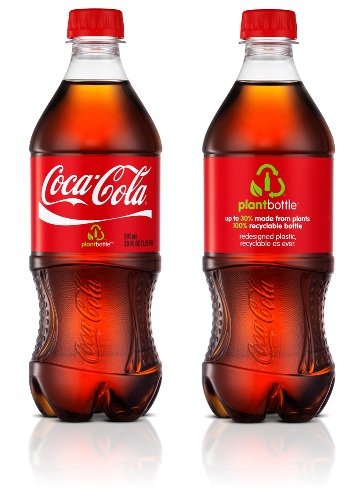Coca-Cola and JBF Industries have entered into a supply partnership to ramp up the production of a plant-based material utilized in Coca-Cola’s PlantBottle packaging.
 PlantBottle Packaging
PlantBottle Packaging
This collaboration will facilitate Coca-Cola to extend its capability to provide renewable, lower-carbon plastics and realize its goal of making all its plastic bottles with PlantBottle packaging technology by 2020.
As part of this agreement, JBF Industries will construct the largest bio-glycol production facility of the world in Araraquara, Sao Paulo, Brazil. At this facility, bio-glycol, a major ingredient for PlantBottle packaging production, will be produced from locally sourced sugarcane and waste generated from sugarcane processing. Both materials fulfill Coca-Cola’s established sustainability specifications utilized for the identification of plant-based ingredients to make PlantBottle packaging.
The new plant’s construction is slated to commence at the end of 2012 and extend for 24 months. The estimated full annual production capacity of the facility is 500,000 metric tons of material. The utilization of plant-based materials in place of non-renewable materials will enable the plant to eliminate 690,000 metric tons of carbon dioxide emissions equivalent or over 1.5 million barrels of oil consumption equivalent annually.
PlantBottle packaging is offered in over 24 countries and used in a broad range of Coca-Cola products. Since its introduction in 2009, the package has eliminated an equivalent of 200,000 barrels of oil consumption or almost 100,000 metric tons of carbon dioxide emissions from Coca-Cola’s PET plastic packaging.
According to Coca-Cola’s Chief Procurement Officer, Ronald J. Lewis, the company is happy that its collaboration with JBF Industries will help them to further increase the global production of plant-based materials.